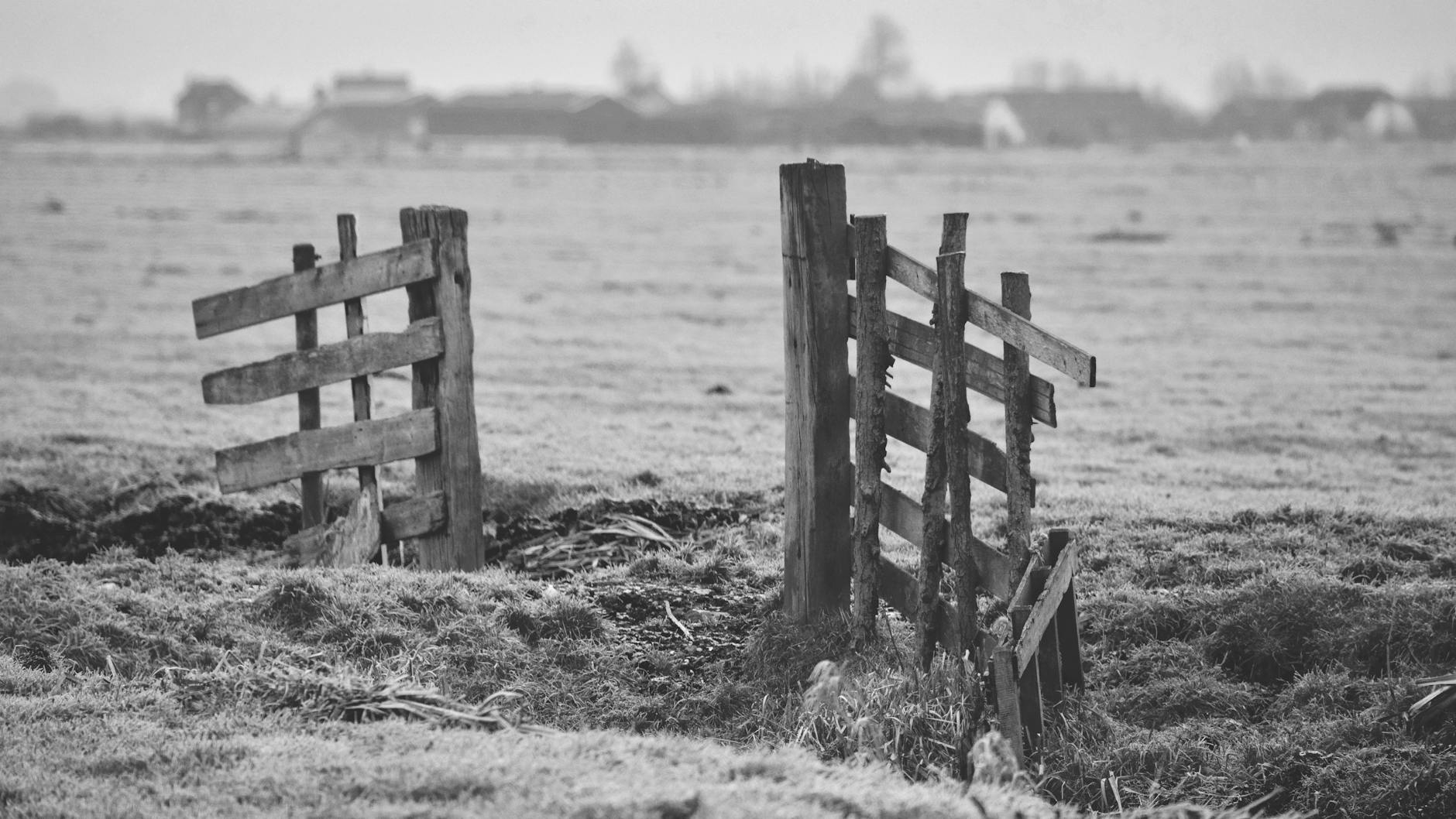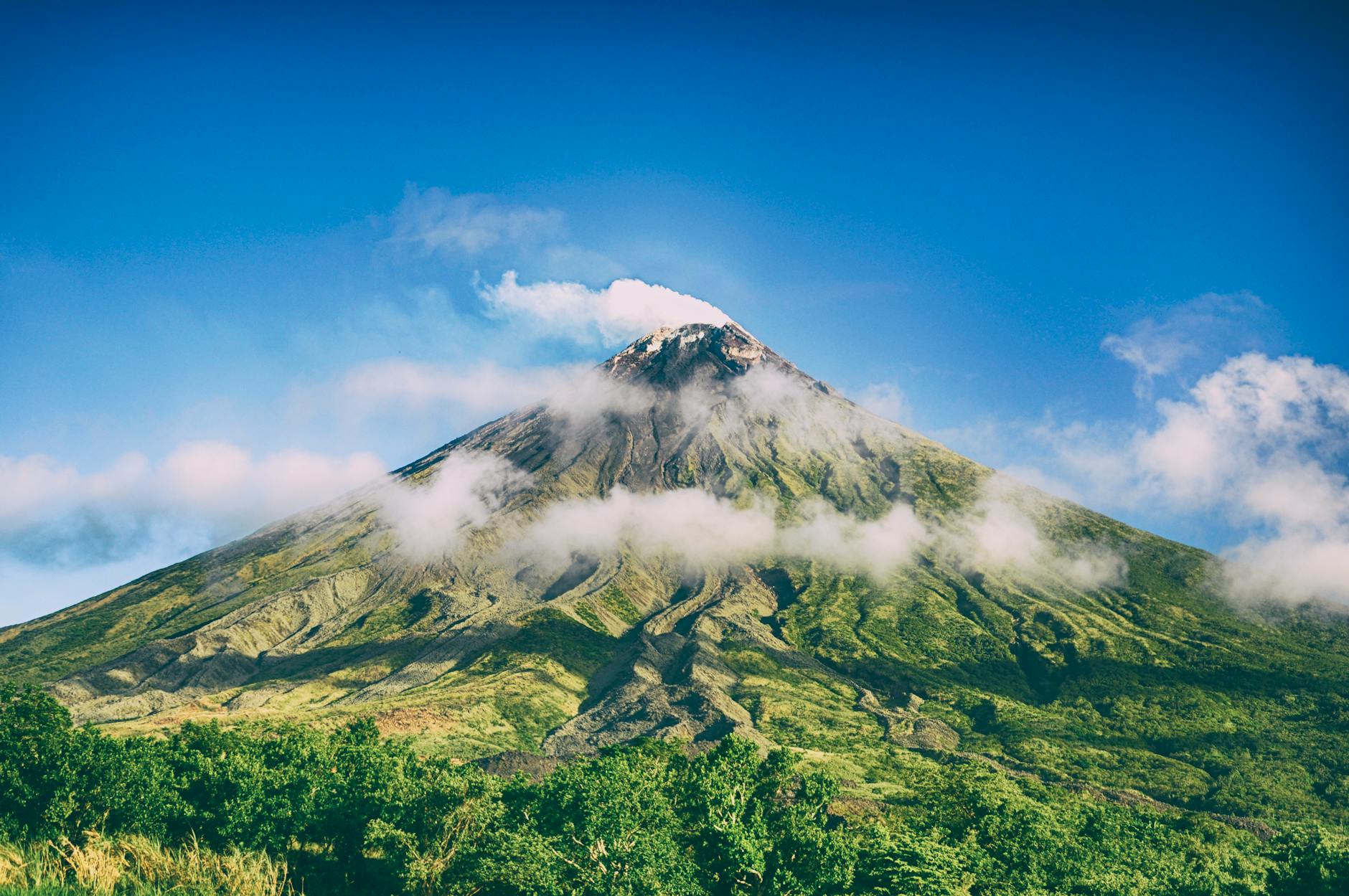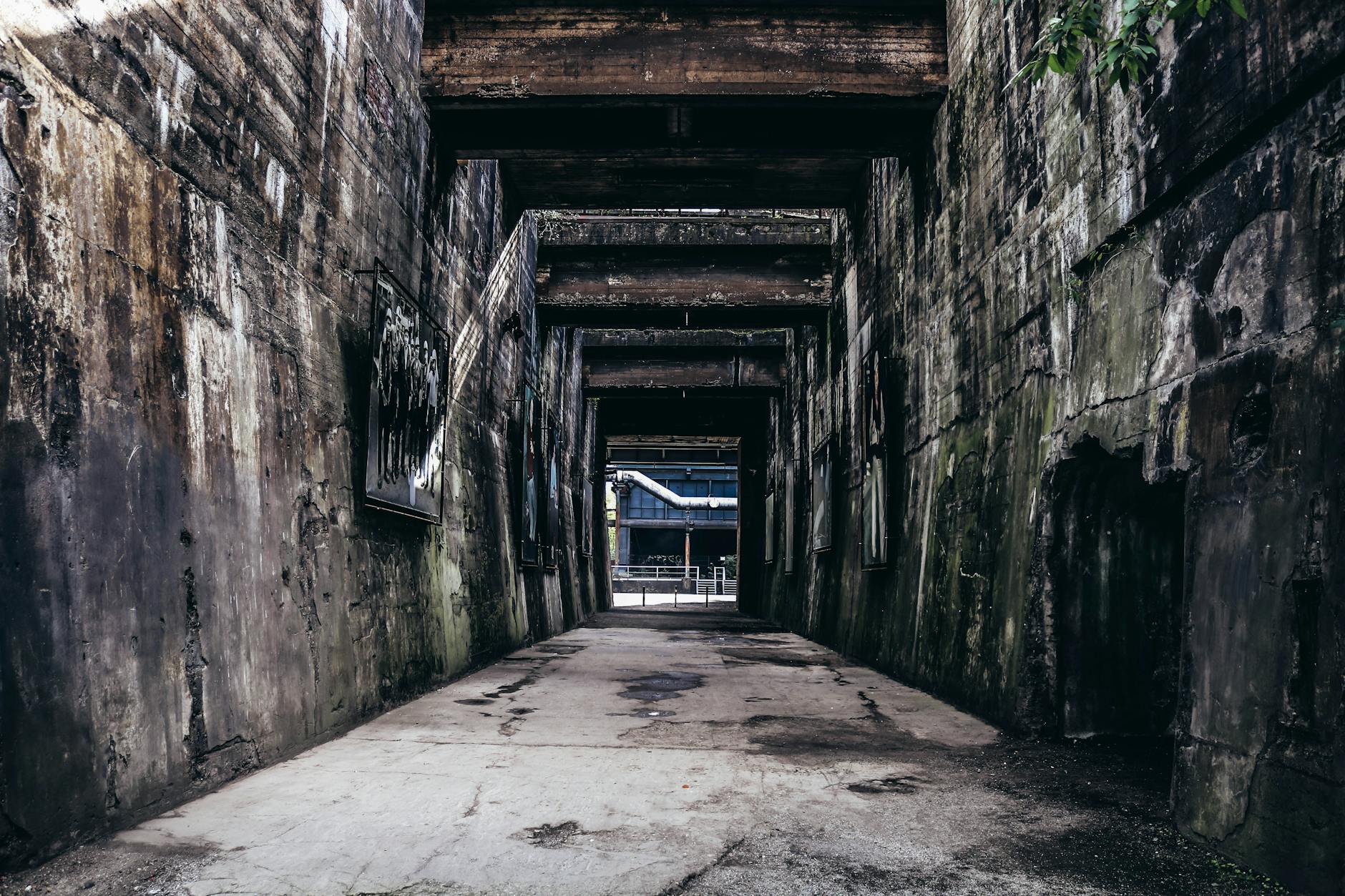Why Australia's Unique Landscapes Inspire Compelling Photography

Diverse Landscapes and Features
When thinking about south american tours, one's mind often wanders to exotic beaches and striking coastlines. Yet right here in Australia, we have coastal wonders that rival any global destination. A stroll down Melbourne's CBD might inspire as much awe as capturing the coastal cliffs of the Great Ocean Road. For those who crave artistic shots, Flinders Street Station offers fantastic framing opportunities and the kind of perspectives that ignite creativity.
Beyond the coastlines, the Majestic Outback beckons with its rich tapestries of red ochre sands and rugged bush. These landscapes provide an unending canvas for those with a lens, evoking feelings similar to a well-organized african safari. The outback is not just a photographer's playground; it's where you can apply principles of structure and precision to compose your shots, much like Nathan, who seeks efficiency in travel.
We also possess rainforests housing unique ecosystems teeming with life. These dense canopies offer a chance to transport yourself into another world, much like south america tours that lead you through the Amazon's heart. Macro photography here can uncover the vibrant, hidden life that exists beneath the forest's cloak. Exploring these rainforests can awaken those dormant skills you've honed in the city’s artistic lanes and gardens.
The diversity of Australia's landscapes provides much more than a visual feast. It offers varied terrain that challenges and enhances your photographic skills, fostering creativity and sharpening your ability to capture fleeting moments.
Capturing Unique Wildlife
Exploring wildlife through the lens offers an exhilarating and intimate connection with the natural world. In Australia, the allure of capturing the diverse and distinctive wildlife is truly second to none. Imagine yourself wandering through the Royal Botanic Gardens, camera in hand, as you await the perfect interplay of light and shadow to highlight the vibrant life forms around you.
Iconic Australian Fauna
Australia's fauna presents a captivating array of photo opportunities. From kangaroos to koalas, these iconic creatures are not just symbols of Aussie charm but also fascinating subjects for wildlife photography. While on an africa tours, I often draw parallels to the in-depth animal encounters found there, aiming to capture the personality and essence of each creature through my lens.
Birdwatching Opportunities
For avid birdwatchers, Australia offers a plethora of opportunities to photograph some rare and colourful species. The Melbourne CBD street art captures vibrant, fleeting moments much like the swift movements of the birds, making every click worthwhile. Engaging with local birdwatching groups can significantly enhance your experience by providing insights on optimal spots and times.
Underwater Photography
The underwater world showcases a tapestry of colours and life that beckons to be captured. Techniques borrowed from documenting bustling junctions at Flinders Street Station can help frame the dynamic movements of marine life. When planning galapagos tours, remember that patience is crucial to capture the serene yet vibrant undersea environment, creating striking images that speak volumes.
Inspiration for capturing wildlife extends beyond the surface, focusing on the hidden gems that bring an authentic story to every frame.
Seasons and Weather Impact
Optimal Lighting Conditions
Understanding optimal lighting conditions is crucial, whether you're capturing the breathtaking terrain of the Galapagos or the vibrant hustle of Melbourne's CBD street art scene. Golden hours, just after sunrise and before sunset, offer warm, soft lighting that enhances details and adds depth to your photographs. For those embarking on a Galapagos cruise, these hours can transform the islands’ serene landscapes into magical vistas. My tip: position yourself against the light source to experiment with silhouettes, allowing natural shadows to playfully weave stories into your imagery.
Seasonal Changes in Scenery
Seasonal shifts significantly transform landscapes, influencing both colour palettes and textures. For instance, imagine the visually stunning transitions in South American locations during their wet season. This mirrors the vibrant shifts seen in Melbourne’s gardens. Such changes can profoundly affect the mood of your shots and the stories they convey. During central america tours, consider timing your visit to coincide with blooming periods or vibrant autumnal hues to capture nature’s dynamic beauty.
Weather Preparedness for Photographers
Preparedness is your greatest ally in dealing with unpredictable climates. In regions with tropical climates, like the Galapagos or Central America, carrying a rain cover for your camera and protective gear is essential. Monitoring weather forecasts helps plan your shoots meticulously, ensuring you capture nature’s aesthetics under the best conditions. In the unpredictable climate akin to Melbourne, flexibility and quick adaptation can make the difference between a missed opportunity and capturing an unforgettable scene.
Best Practices for Landscape Photography
Composition Techniques
Capturing striking landscapes requires a focus on composition. Start by using the rule of thirds to balance your images, placing points of interest along the grid lines. Additionally, leading lines can naturally guide the viewer's eye through the scene to create a sense of depth and scale, a technique often seen in Melbourne's vibrant street art. When photographing wide horizons, consider the cloud formations and how they interplay with your main subject, adding drama and interest to an otherwise static view.
Essential Equipment Tips
To ensure you're ready for any landscape challenge, your gear selection is vital. A sturdy tripod is non-negotiable for stability during long exposures, especially when shooting near dusk or dawn when the light is softer. A versatile zoom lens, like a 24-70mm, allows you to capture varied perspectives without constantly changing lenses – a useful feature when exploring places as dynamic as the Flinders Street Station. Don't forget a circular polarizer to enhance sky contrast and minimise reflections, adding depth to your images even during harsh daylight hours.
Timing and Patience
The magic of landscape photography often unfolds with the changing light, making timing critical. The golden hours—shortly after sunrise and before sunset—offer soft, warm lighting that's ideal for capturing the intricate details of, say, vibrant greenery in the Royal Botanic Gardens. But above all, practice patience. The best shots are not rushed; they're often the ones taken after waiting for the perfect moment when light, shadow, and landscape all align harmoniously.
For those considering polar expeditions or tailormade South America tours, these principles become even more crucial as remote locations present unique photographic opportunities. Embrace the journey, and let curiosity guide your lens.
Overcoming Photographic Challenges
Exploring Remote Areas with Confidence
Venturing into Australia's remote regions can be both thrilling and daunting. To truly capture the mystique of these landscapes, preparation is key. Consider hiring a local guide who can share insights about the terrain and provide access to hidden gems. The Melbourne CBD offers a contrast to the outback's rugged isolation, with its vibrant street art scene providing urban exploration opportunities. Navigating both environments requires a keen understanding of light and shadow, so remember to carry portable lighting solutions for those tricky low-light situations.
Safeguarding Equipment in Extremes
Australia's beauty lies in its extremes—from the blazing heat of the outback to sudden coastal rains. Protecting your gear is crucial. Invest in weatherproof camera bags and use silica gel packs to combat moisture. Additionally, consider using lens hoods to shield against intense sunlight or raindrops. When capturing the waves at Flinders Street Station as the sunrise bathes it in golden light, ensure your gear is ready to handle the sea spray with professional-grade coverings.
Planning for Long Distances
Managing long-distance photography endeavours in Australia requires meticulous planning. Break up your journey with stops at photography-rich locales like the Royal Botanic Gardens for creative inspiration. Snacks, hydration, and a comfortable mode of transportation are must-haves when traversing Australia's vast landscapes. In these long hauls, patience becomes your ally as you wait for the perfect lighting conditions to reveal themselves.
By immersing myself in both urban and remote landscapes, I can embrace the challenges of photographing this diverse continent while discovering unique perspectives that enhance my artistic vision.


